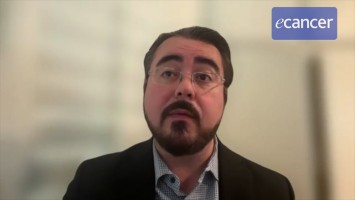The Clare Hall lab didn’t exist. I came to London with the offer of giving up my Swedish professorship and set up a new research institute where I would have a relatively free hand of trying to do something interesting. So we decided to, not like a university try to do everything, but focus on what I know something about myself which is genome instability and DNA repair.
I was lucky in that I could then recruit a number of outstanding scientists, often English scientists who had been in the United States or elsewhere for many years and wanted to come back. Then that actually turned out very well, David Lane was one of them and I also was able to hire other very prestigious scientists who are prestigious today, Steve West for example.
What was your role in the development of the institute?
I at some point reached retirement age in London and in Europe, more than the United States, people take retirement age rather seriously. So Marco Foiani, who was the new director at IFOM, knew about this and asked if I would be willing to come out and help him and advise him with trying to convert IFOM to an outstanding research institute. That sounded like an excellent challenge and Marco and I have known each other for a long time and are good friends so I happily accepted and now, although I am still based in London, that’s where my house is, I come regularly to Milan and discuss with Marco and other scientists how to proceed.
How did this meeting develop?
I think the principle again was to try to focus on excellence in the areas where Marco and myself and the other top IFOM scientists already had a reputation so that people would know who we were and what IFOM was. When I first came to IFOM it had some excellent scientists, both very promising junior scientists and senior scientists, but it wasn’t a uniform outstanding quality, it did need tightening up a little bit. So this is something that Marco and I have worked on over the last couple of years. A number of people have now actually moved on to other places or other careers and this has created openings to really focus on scientific excellence at IFOM. Part of that is the new reach-out policy to Asia.








